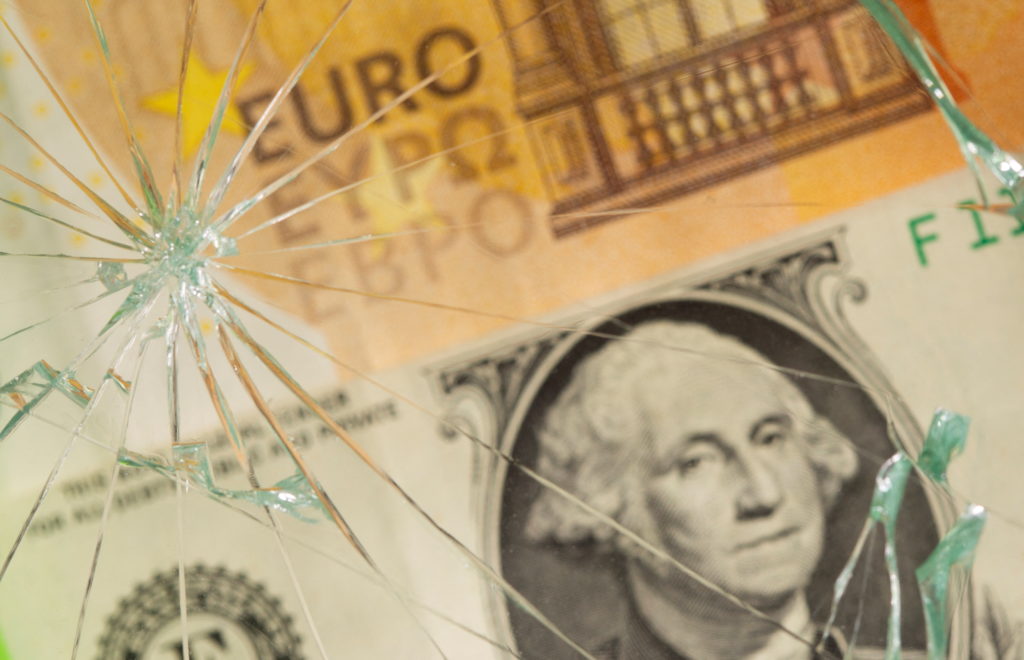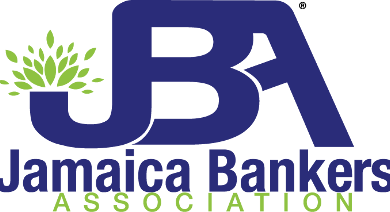

Durrant Pate/Contributor
The conflict in Ukraine has caused the Euro to depreciate below the US dollar for the first time in almost 20 years.
At 12:45 GMT yesterday (July 14), the price of one euro was $0.998, down 0.4 per cent from the previous day’s trading. Additionally, the dollar has been strong in recent months due to investors seeking out dollar assets as safe havens during periods of global unrest and the US central bank hiking interest rates.
Since the start of the year, the euro’s value against the dollar has decreased by roughly 12 per cent. For the majority of its existence, the euro has been valued more than the dollar.
It lagged behind the dollar in the years after the currency’s debut, in 1999, but the last time it did so was in December 2002, less than a year after the first-ever release of euro notes and coins. The likelihood of a recession in the Euro Area has increased due to worries that Russia would limit Europe’s access to energy.
European Central Bank trailing behind
In hiking rates, the European Central Bank (ECB) has trailed behind other central banks, further devaluing the euro. When the central bank in question raises interest rates, currencies often increase as foreign investors seek a higher return for keeping assets denominated in that currency.
For nations in the Eurozone, a weakened currency will increase the cost of imports, particularly those items priced in dollars such as crude oil. The Eurozone’s already-high 8.6 per cent rate of inflation for June could rise even further as a result of this.
A spokesman for the ECB explains that the institution does not “Target a particular exchange rate. However, we are always attentive to the impact of the exchange rate on inflation, in line with our mandate for price stability.”
Next week, the ECB is anticipated to begin raising interest rates.







Comments